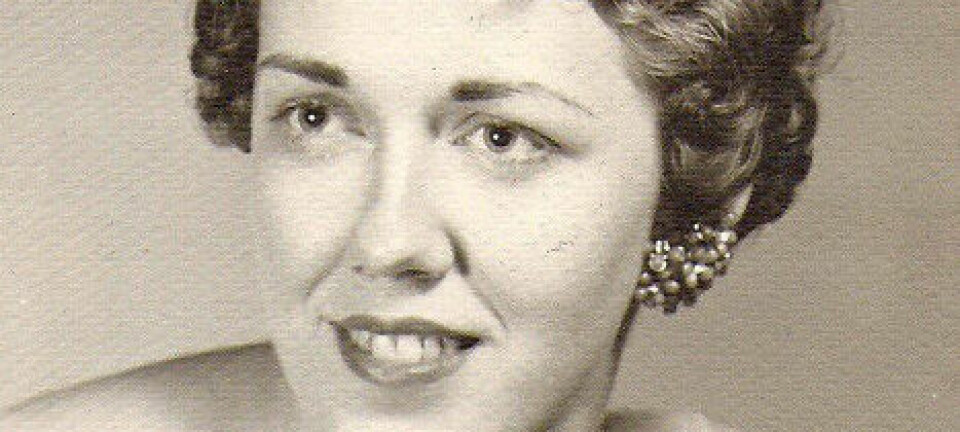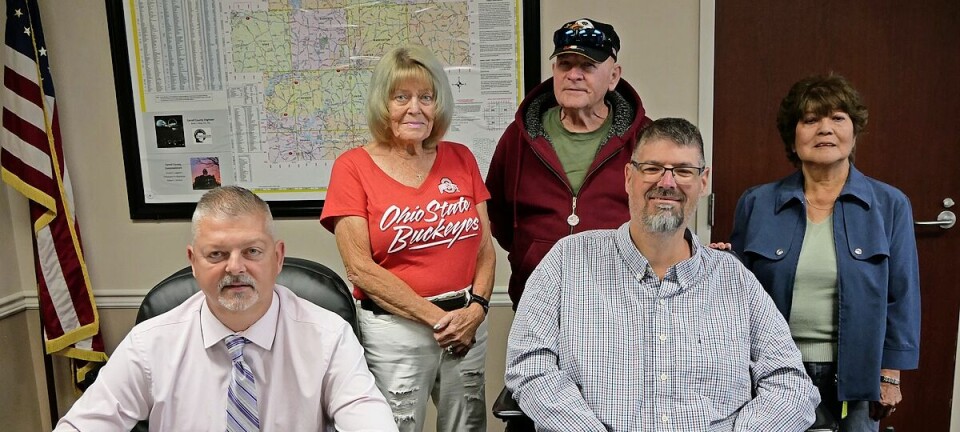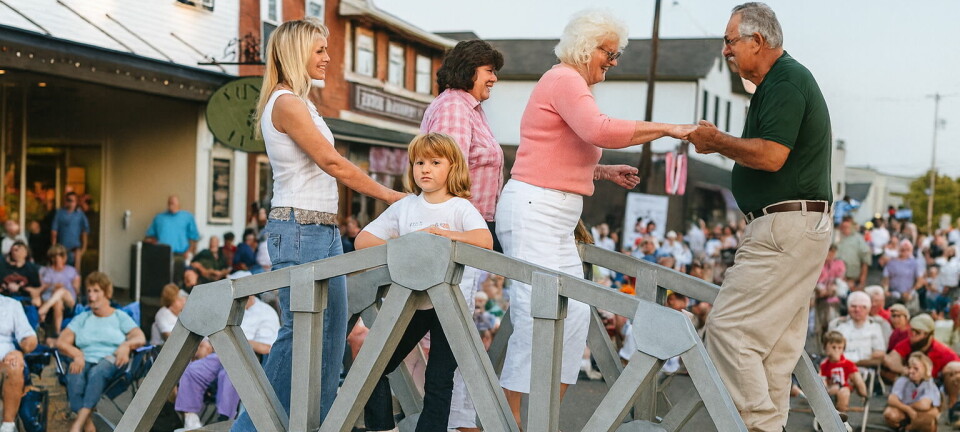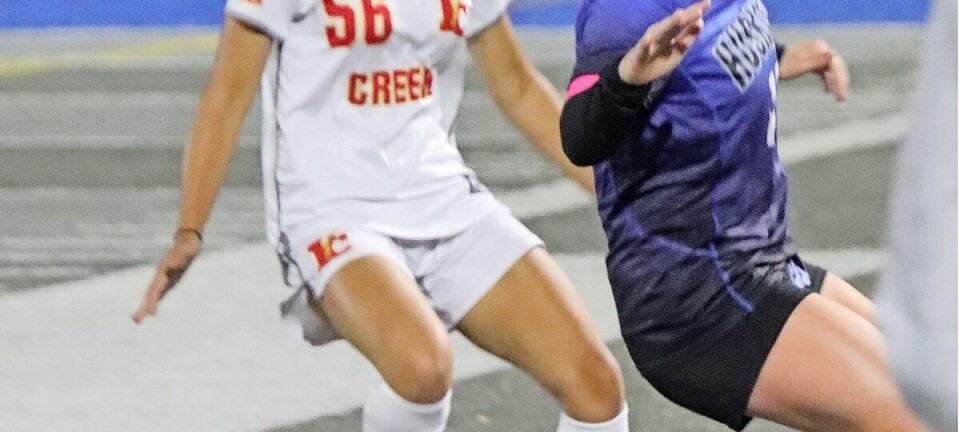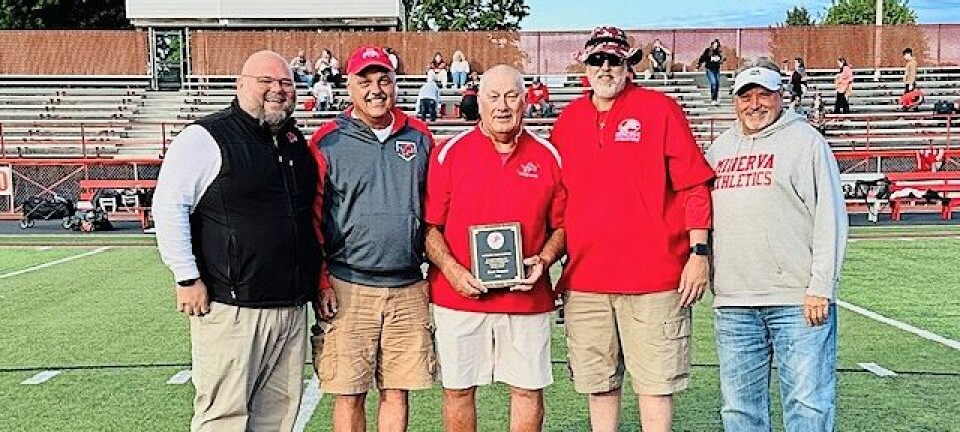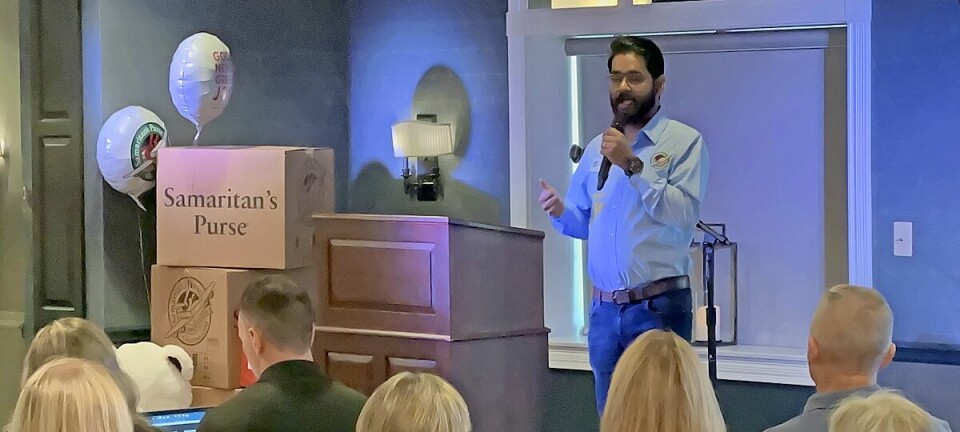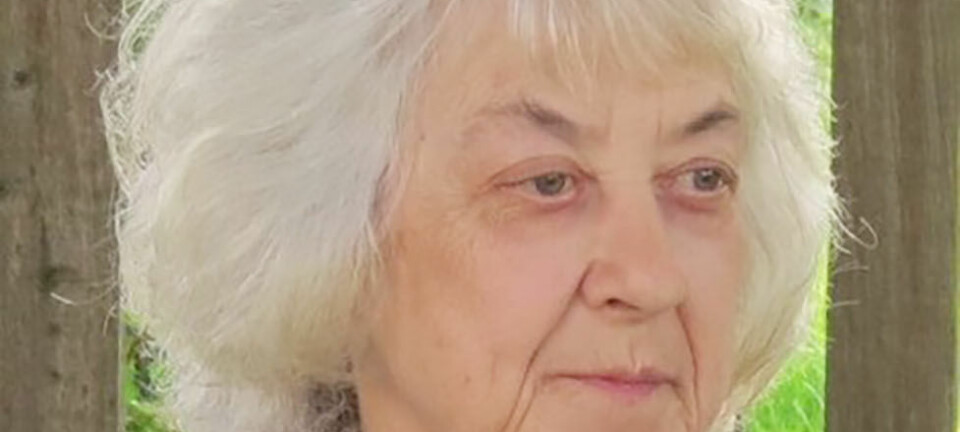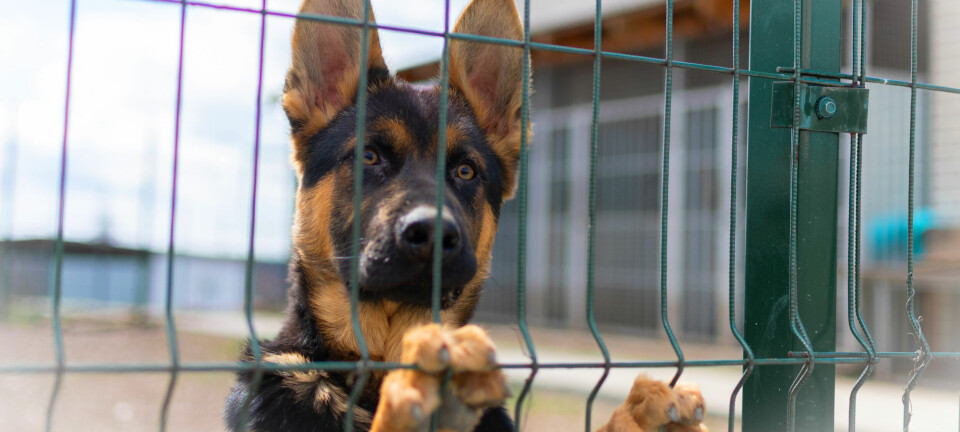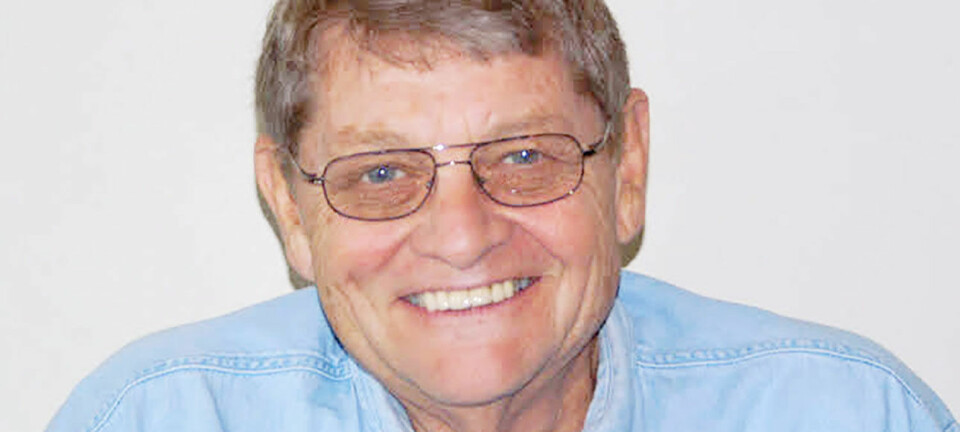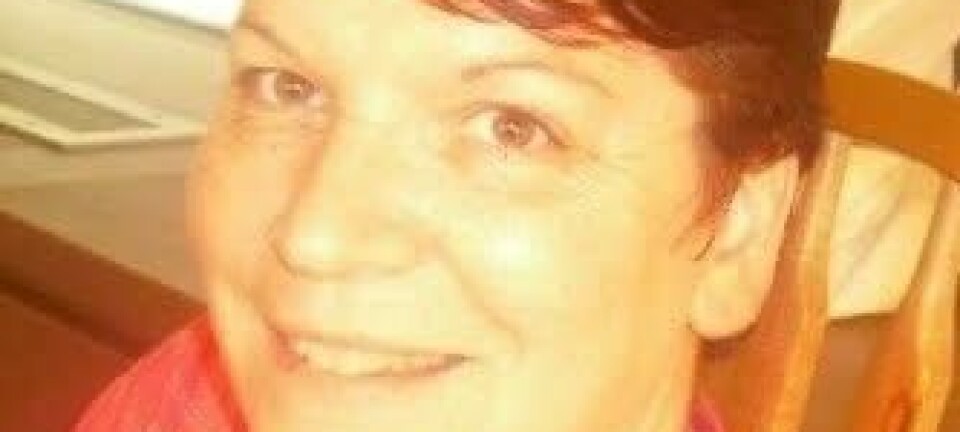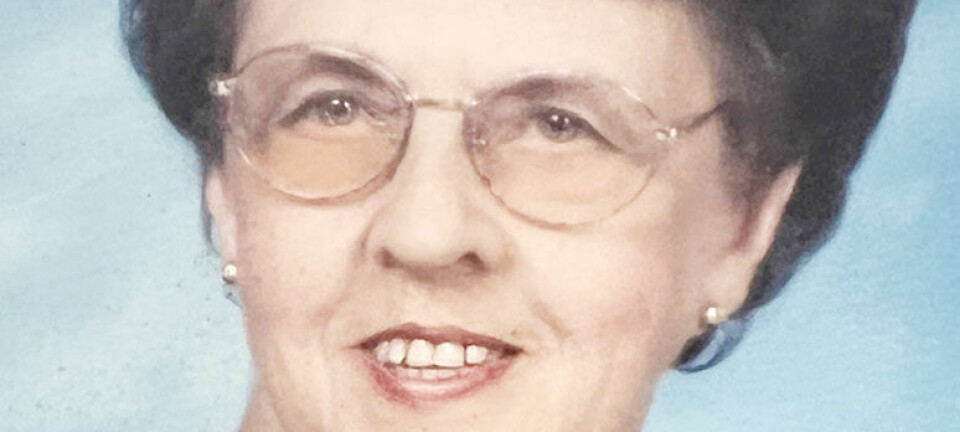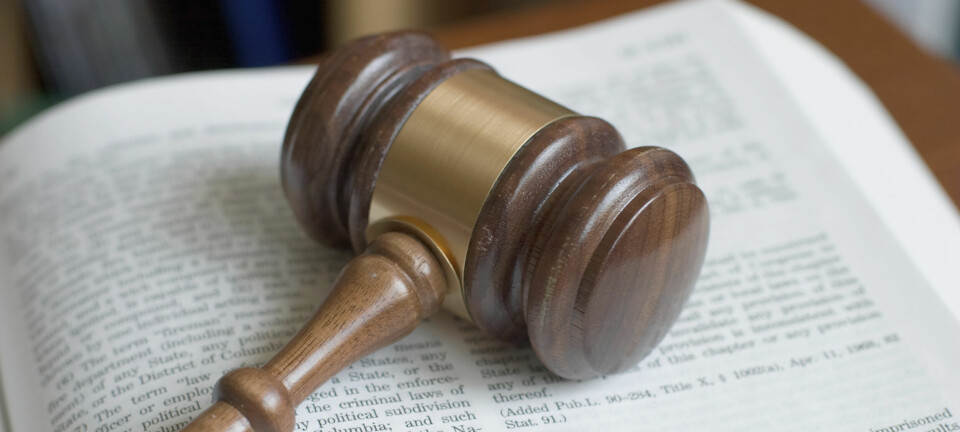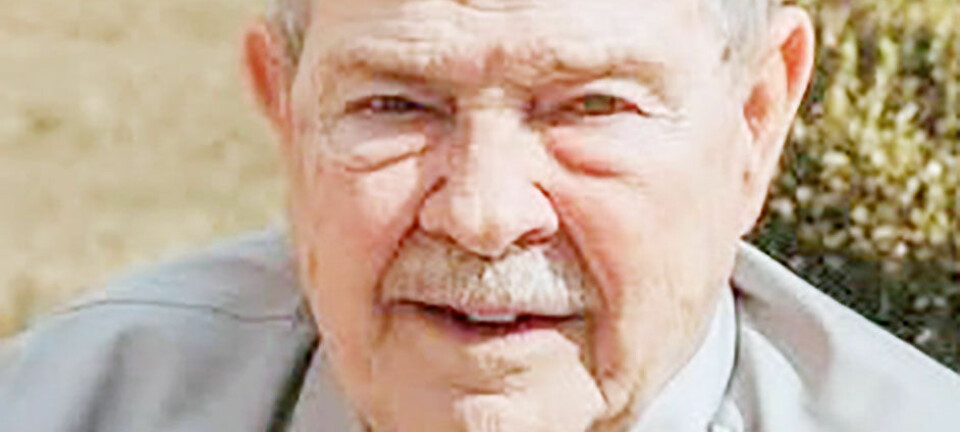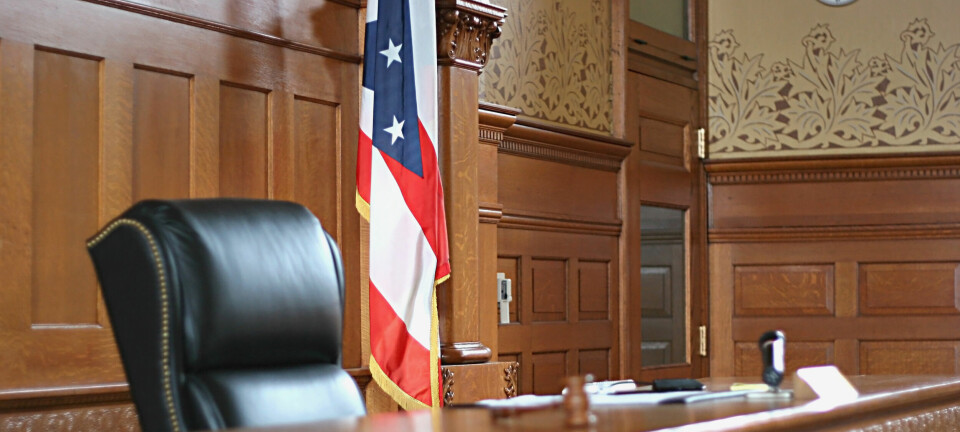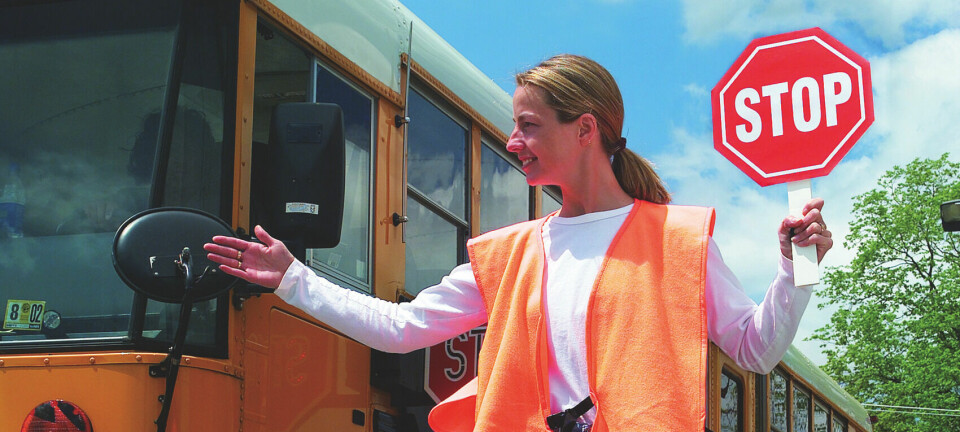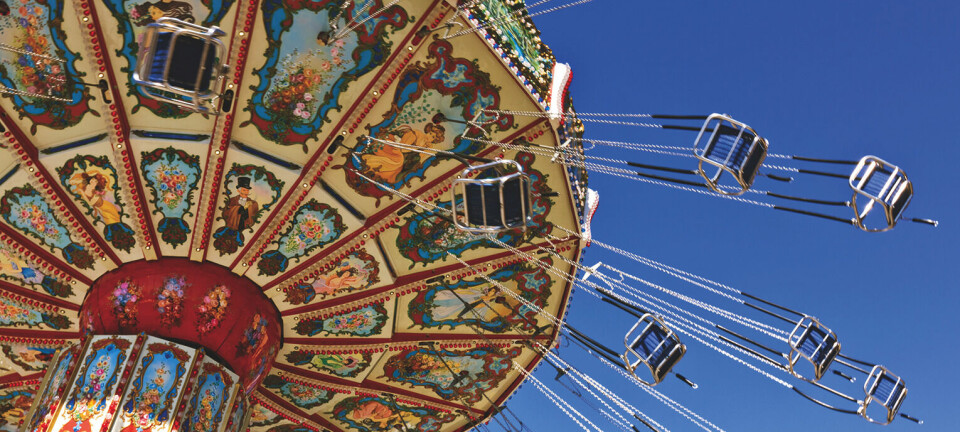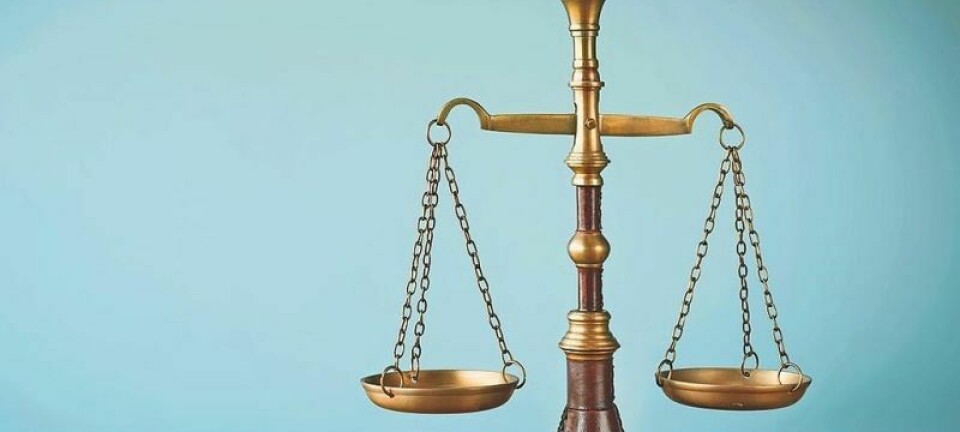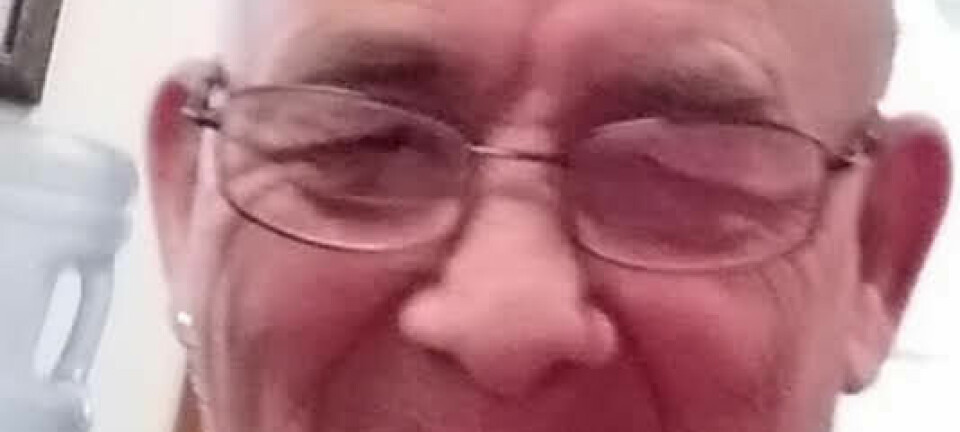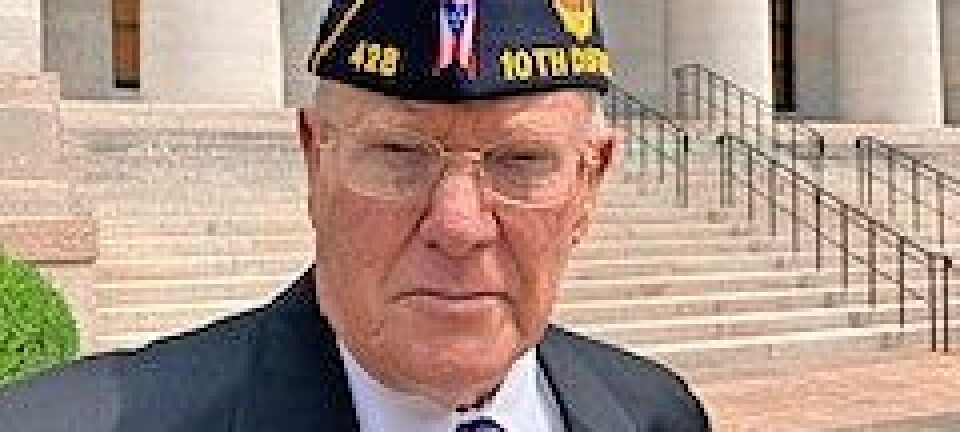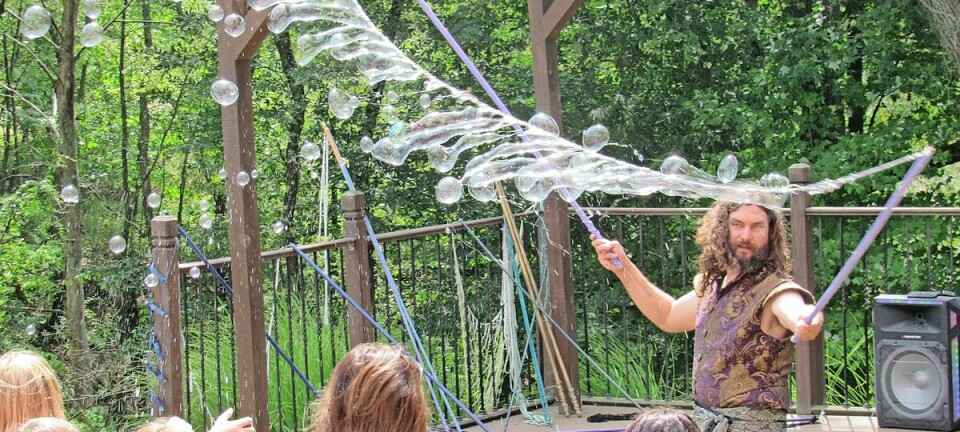Locals marched in solidarity with each other in D.C.




While satellite images and aerial shots continue to be analyzed throughout the world, political scientists and others have described the Women's March as one of the largest political demonstrations in U.S. history, and dozens of locals travelled to Washington, D.C. to be part of the rally in our nation's capital.
Although rallies and marches could be found throughout Ohio on Jan. 21, some felt called to join others in D.C. to stand in solidarity for all women. This included a bus of 55 women who boarded an anonymously donated chartered bus in front of Westminster Presbyterian Church at 10 p.m. on a foggy Friday night with plans to arrive early Saturday morning in plenty of time to take part in a 10 a.m. rally and a 1 p.m. march with a crowd expected to reach 200,000.
The night riders included women mainly from Westminster Presbyterian, the Unitarian Universalist Fellowship of Wayne County, the College of Wooster and the Wooster/Orrville Chapter of the NAACP. The justifications for marching varied, but many agreed with Wooster High School guidance counselor Cheryl A. Goff when she said, “Women's rights are human rights” and quoted Martin Luther King, Jr., who said, “Injustice anywhere is a threat to justice everywhere.”
Of the march, Goff said, “I hope to add a louder voice to women's rights and to everyone's rights.”
Some of the signs held high at the rally also referred to the past and the fear that new policies could send the country back in time, eroding progress made in women's and civil rights movements. The Wooster group included women who fought these battles decades ago but also included young women who were experiencing these battles for the first time.
Alexis Florence, a sophomore at Wooster High School, said, “I came because this is history, and people are standing up for what they believe, and I want to be one of those people and make the world a better place.”
The bus dropped the group off in Franconia, Virgina, to catch the metro into the capital. Conversations on the train revealed the origins of other marchgoers, some of whom came donned in pink hats and suffragette sashes. They came from the D.C. suburbs and nearby states, but countless participants travelled from all over the country. Supporters from Canada were even encountered.
The plan to attend the rally and listen to speakers like feminist activist and author Gloria Steinem, civil rights activist and scholar Angela Davis, famous actors, musicians, and sympathetic politicians proved difficult as the Washington Mall quickly turned into wall-to-wall people. Even with jumbotrons there were just too many people to provide an unobstructed view of the speakers. But the mood in the crowd remained energized and friendly as cheers originating at the event stage were repeated blocks away like a wave at a football game.
With current estimates of at least half a million in attendance, the unexpectedly large turnout also made marching difficult. There wasn't enough physical space on the planned route along Independence Avenue and 14th Street to fit everyone, but the peaceful crowd simply filled parallel streets and the entire mall and slowly moved toward the Ellipse and White House, breaking out in spontaneous chants and song. A call and response often heard included “tell me what democracy looks like ... This is what democracy looks like.”
The people voiced their hopes, frustrations and call to action with signs stating “Love Trumps Hate,” “Respect Existence or Expect Resistance” and “Women are the Future.”
Denise Bostdorff, a communication professor at the College of Wooster, rode the bus to D.C. with her daughter Devin Bostdorff-O'Rourke. She said, “I made the decision to march because I think words matter. They can elevate and inspire. They can help us to understand difficult problems, develop empathy for others and envision new worlds. Through words we have the ability to engage in constructive debate and to collaborate for the common good.
Today though, too many of our nation's leaders — particularly our new president — are using words quite differently: in ways that debase us. These words coarsen our spirits, dehumanize our fellow human beings and focus our attentions on our own material wants at the expense of others. These words lead us away from creative solutions and down destructive paths.”
Bostdorff and her husband encouraged their children to engage in civic life with volunteer work starting at a very young age, so it made sense to attend the Women's March with her daughter at her side.
“Societies thrive when women are strong and have the resources they need,” said Bostdorff, who saw a sign at the march that said, “Strong women: May we know them. May we be them. May we raise them.”
As a non-U.S. citizen on the Wooster bus, Clara Cousinard, a College of Wooster teaching assistant from Reims, France, shared her perspective. “We have marches like these in France but not this big. It was very inspiring, and I didn't expect so many people from all over the country.”
If Cousinard was back in her native country, she would have been able to make a much shorter trip to attend a march in Paris, which held one of over 600 registered sister rallies around the globe to swell the numbers attending women's marches to well into the millions.
Many debate the numbers, but one thing is certain: The number of people who came out on Jan. 21 to express themselves exceeded expectations almost everywhere including in Wooster.
Linda Houston, one of the organizers of the rally held at the downtown gazebo, said, “Number in attendance [was] anywhere from 600-900 depending on whom you ask.”
Houston said, “I had a chance to go to D.C., but when we started planning this [local] rally, it seemed just as important to let Wooster know there were men, women and children interested in women's issues. I have spent much of my adult life fighting to empower women, and this seemed the perfect time to continue doing that.”


